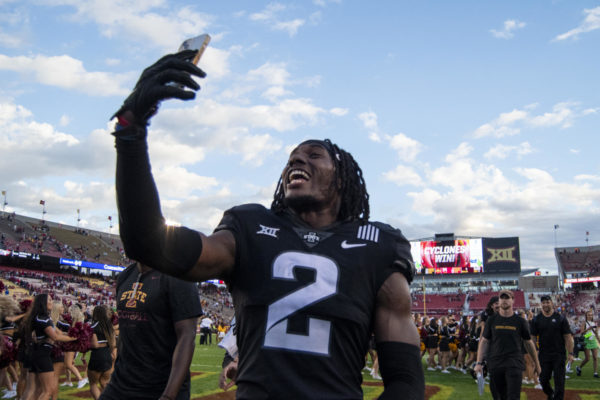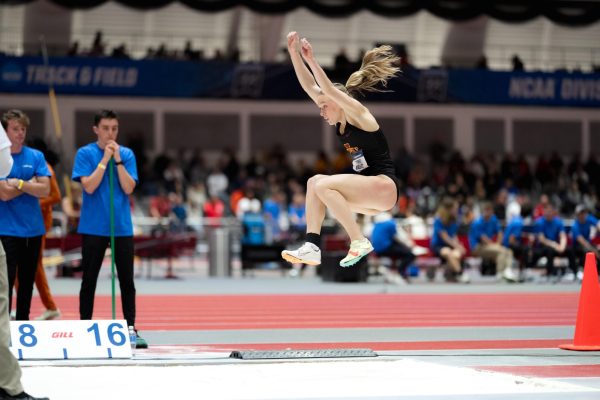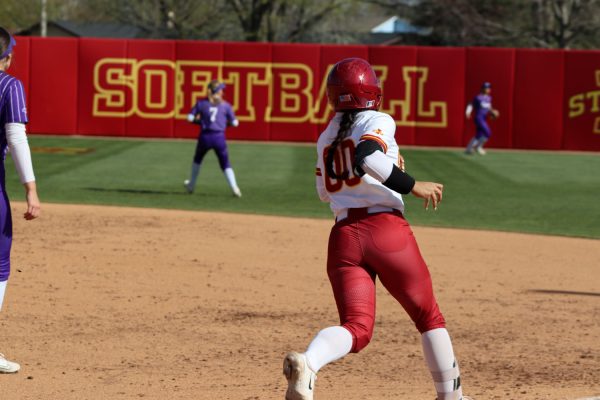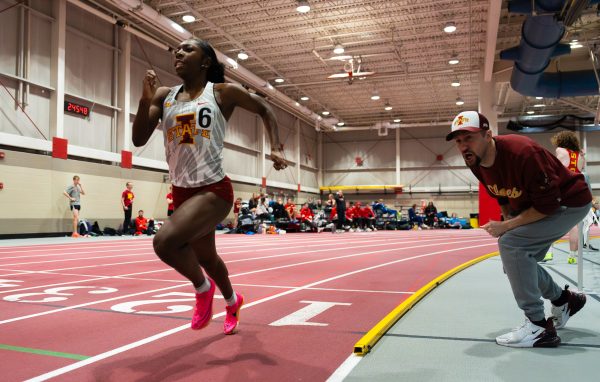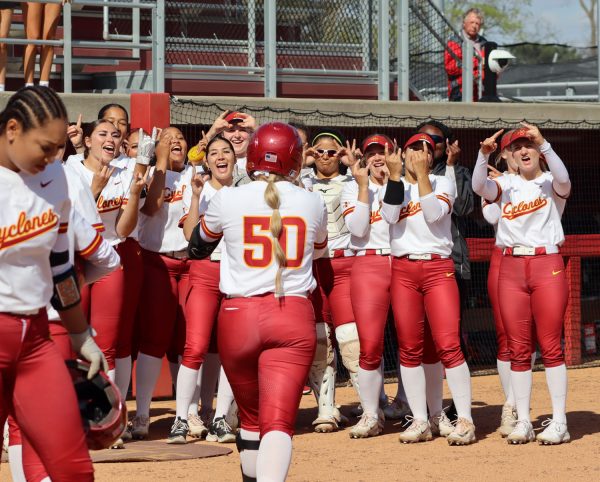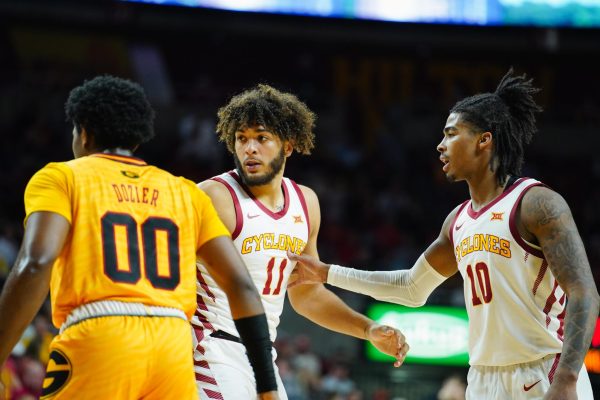Cricket club brings together different cultures
Courtesy of ISU cricket club
March 31, 2016
Six languages, roughly 12 different countries and one sport bring together a group of ISU students to play cricket — the sport that many of them live and breathe.
They are playing a predominantly Middle Eastern game in the middle of Iowa with almost no U.S. born players on the team, so many people may assume that the diversity of the club is vast.
“Ninety percent of the club is made up of international students,” said Kokulapalan Wimalanathan, graduate student and club president. “There is more to it than just cricket.”
Sitting around a wooden table at the dimly lit Arcadia Café, the only commonality among the five members of the club at the table was their love for the sport and their broken English. No one shared a language they could fluently speak to each other in.
Those seem to be the common theme for the club, but they haven’t stopped it from turning into a cricket powerhouse. Wimalanathan said cricket brings together the team and then everything else works out because of the common love for the game.
The members also have their own unique story on how they landed in Ames and contributed to the culture of the Cricket Club. For example, senior Bishwo Raj Paudel is a native of Nepal and moved to Burlington, Iowa, in 2007. Paudel attended high school in Iowa for three years before ending up at Iowa State. He didn’t resume cricket until he got to Ames because he played soccer in high school.
On the other hand, Wimalanathan is from Sri Lanka. He completed his undergraduate degree there, but quickly decided he wanted to further his education in the United States. He first landed in Ohio and then quickly moved to Iowa State.
“I came to Iowa State for academics, and there happened to be cricket,” Wimalanathan said.
Like Wimalanathan and Paudel, several come for academics first, but a select few based their decision solely on their love of cricket.
Ayyappadhasan Vythilingam, vice president of the club, is one of the members who took cricket into consideration when deciding where he would attend school. The ones who take cricket into consideration when making they’re decision often view it as an opportunity to have a sense of home, even though they are hours away from their native country.
“At first I missed home, but then I realized I was home because I had cricket,” Vythilingam said.
It doesn’t matter where they came from or what their culture is because they all get along once they step onto the field. Each member has different religious and political views, but the game brings them together and tosses those views aside.
“It’s not just about the sport, but rather the camaraderie,” said Anoop Shaji, club treasurer. “We hang out every Friday and play around and occasionally break some things when we have too much fun.”
The group around the wooden tables at the Café made it clear that they don’t bring religion or politics into the team. Wimalanathan said everyone realizes they are similar, and it starts with cricket.
The only time their nations are brought into the picture is when the national teams compete against one another. India and Pakistan recently faced off in a match. Cricket in India and Pakistan is like soccer to Brazil. It’s almost like a religion, as several of the members put it.
To make the occasion even bigger, the club rented a lecture hall in Howe Hall and used a projector screen to watch the game. When asked if the rivalry was big, they all laughed and responded with the same answer: “harsh words were used, but it is just part of the sport.”
The diversity of the club has also contributed to the growth of the sport as a whole, not just the Cricket Club at Iowa State. An increase in teams at the American Collegiate Cricket national tournament has been evident in past years and also a growth in the Heartland Cricket League, which is home to the ISU Cricket Club.
“People play cricket for their love of the sport, but at the same time happen to experience one of worlds most diverse sports,” Wilamanathan said.






